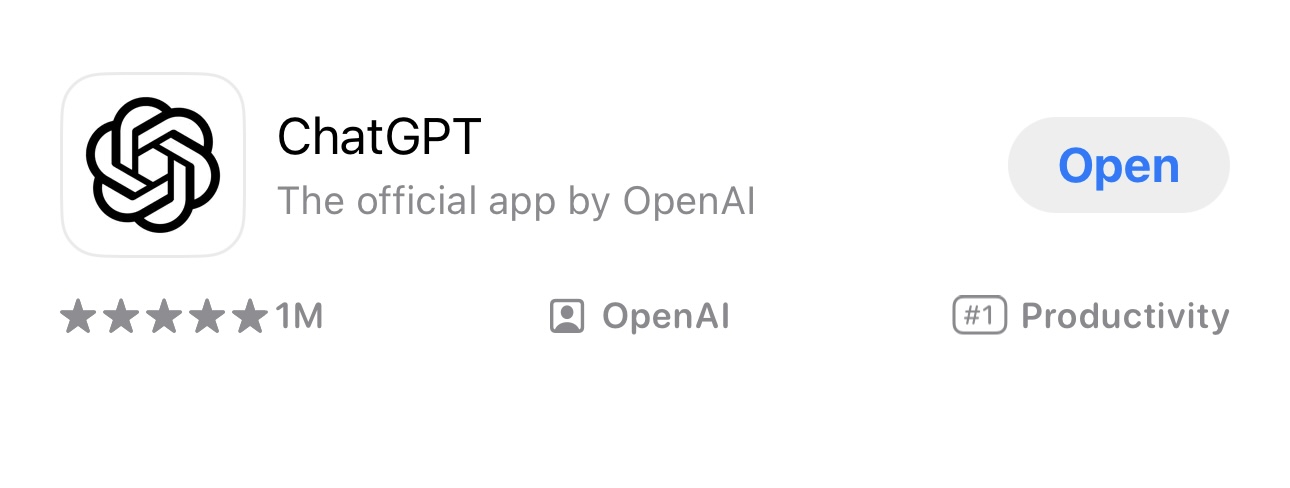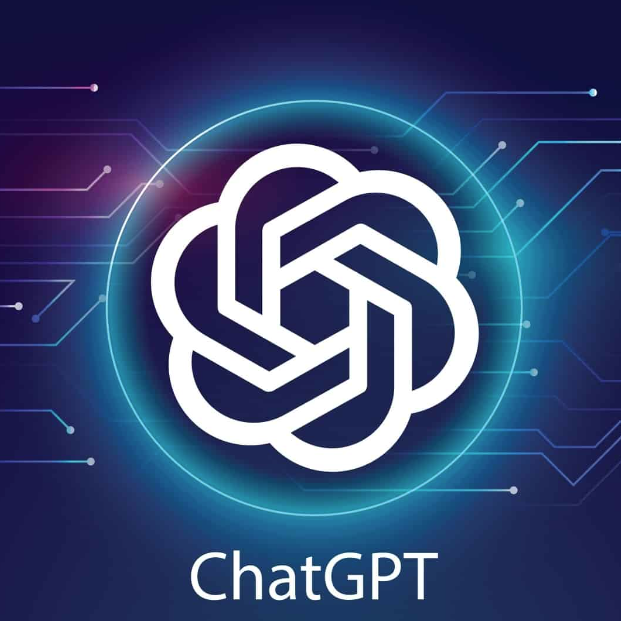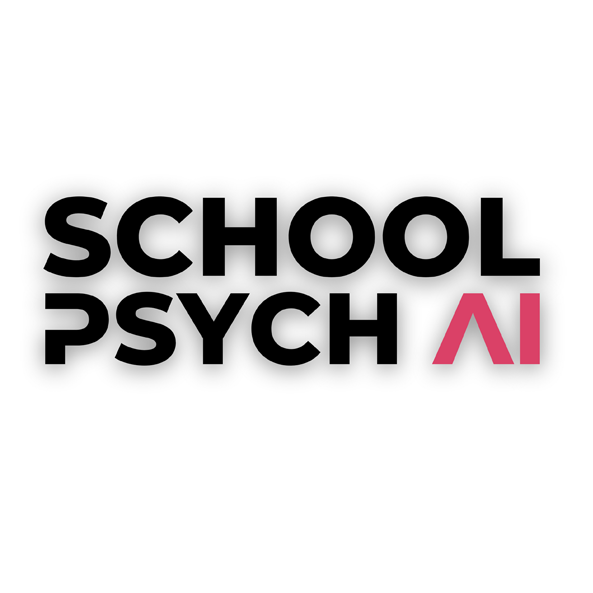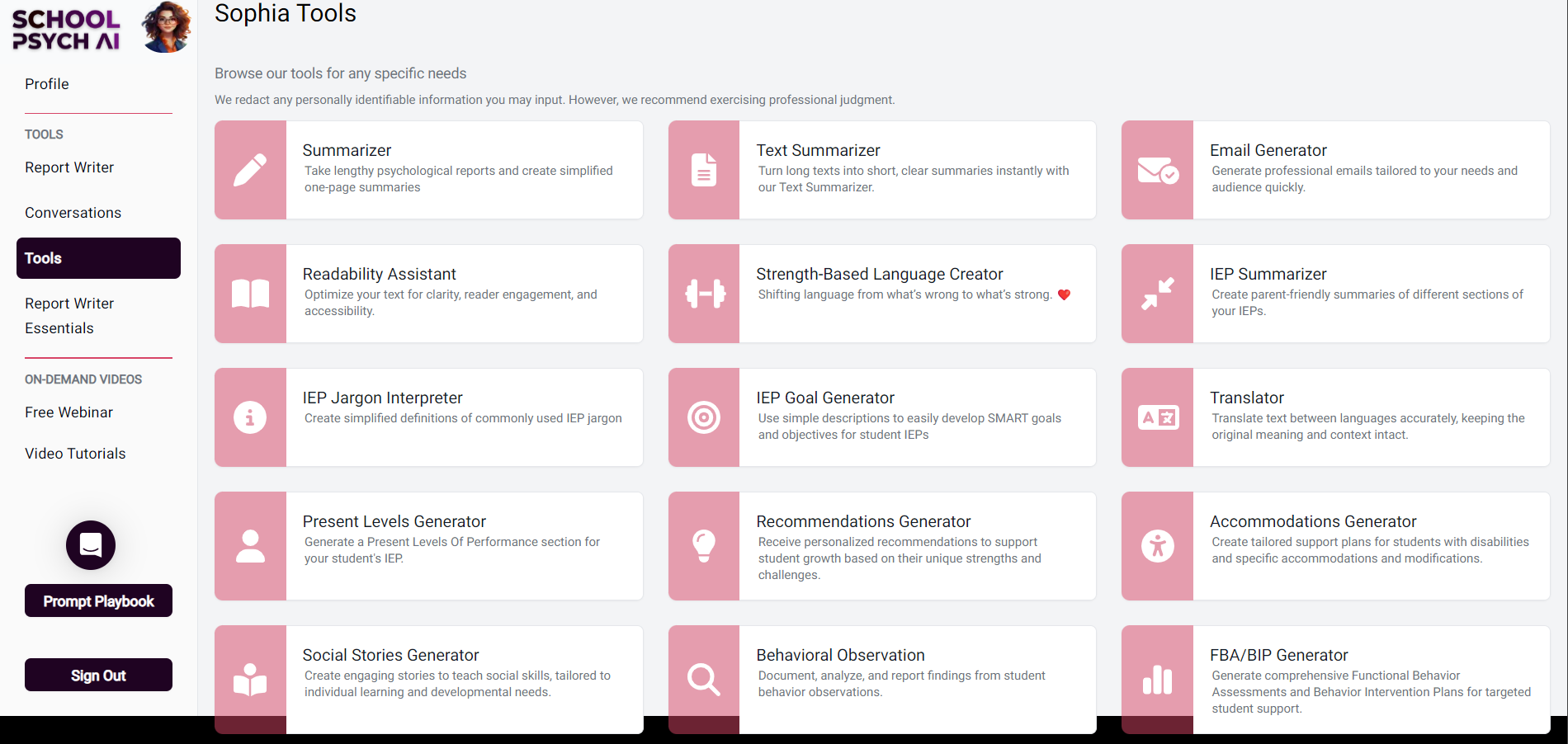Overview
As mentioned in the video, the best way to begin is by signing up for a free account on ChatGPT, one of the most widely-used AI tools. While the video suggests downloading the app for convenience, you can also access it directly through your web browser at https://chatgpt.com/. Start by asking simple questions to familiarize yourself with how it works.
AI Platforms for School Psychologists
There are many AI platforms available that can significantly enhance the work of school psychologists, each offering unique tools and capabilities. ChatGPT, the most well-known platform, provides conversational assistance for communication and report generation, making it a popular choice among professionals. School Psych AI, designed by Dr. Byron McClure, integrates a variety of AI features that streamline daily tasks in school psychology such as report writing, FBAs, and caseload tracking. Elicit serves as a powerful tool for finding and summarizing research, helping school psychologists stay informed and make evidence-based decisions. For this article, we'll focus on tips for school psychologists using these three: ChatGPT, School Psych AI, and Elicit.
Other platforms include BastionGPT, an AI platform designed for healthcare professionals, including school psychologists, to automate tasks while maintaining HIPAA compliance. It enhances workflow efficiency by securely handling sensitive information and providing tools to streamline the creation of reports and summaries. MagicSchool, a popular tool among educators with an IEP generator relevant to school psychologists. Lightner AI, is a report-writing tool for school psychologists that combines Click Report's automation with summarization and interpretation features. Its key advantage is eliminating manual data entry by allowing direct score report uploads within a student's case.
How to Get Started as a Beginner
Getting started with AI platforms is easier than you might think, especially since many of the base models are typically free to use. To begin, you can sign up for free accounts on the platforms that interest you. For example, with ChatGPT, you can go to chat.openai.com and create a free account. Similarly, visit School Psych AI and Elicit to sign up for free accounts on those platforms as well.
ChatGPT isn’t solely web-based; there’s also a mobile app available called ChatGPT, which you can download to access the platform on the go. Below is what the ChatGPT app looks like when searching for it in the app store:

Once you're set up, a great way to start is by experimenting with basic prompts to get a feel for how the AI can assist you. For instance, after signing up with ChatGPT, try entering a simple prompt like, "I am a school psychologist. How can you help me?" This will give you an overview of the AI’s capabilities and how it can support your work. As you become more comfortable, you can refine your prompts to get more specific and relevant responses tailored to your needs.
Free vs. Paid Versions
As of August 2024, ChatGPT offers a paid subscription plan called "ChatGPT Plus," which costs $20 per month. This plan provides several enhanced features, including faster response times and priority access, ensuring quicker replies, especially during peak usage periods. Subscribers also gain access to GPT-4, a more advanced model than the GPT-3.5 version available to free users, offering improved understanding and more nuanced responses. Additionally, the paid version delivers enhanced performance with more accurate and refined outputs. ChatGPT Plus users benefit from increased availability, reducing the likelihood of experiencing downtimes or service limitations during high-traffic periods. One of the most valuable features of the paid version is the ability to upload and analyze documents directly within the platform, enabling seamless analysis, summarization, or extraction of key information, making it especially useful for professional tasks.
Ethical Considerations and Best Practices
When using AI tools, it's important for school psychologists to prioritize ethical considerations to protect student privacy and maintain professional standards. First and foremost, never input confidential information directly into AI platforms; always redact personally identifiable information such as names and student ID numbers. Additionally, avoid inputting test items verbatim into AI tools, as this could compromise the test security of assessments. Another best practice is to turn off the "improve the model for everyone" setting in ChatGPT, as it isn’t necessary for performance and ensures that your data will be removed after 30 days, further protecting confidentiality. By following these guidelines, school psychologists can use AI responsibly and effectively while safeguarding student information.
It’s also crucial to double-check AI-generated content for accuracy, as AI can sometimes produce incorrect or misleading information, a phenomenon known as "hallucinations." For instance, if you ask ChatGPT to "Give me 3-5 interventions focusing on time management and organization for a 3rd grade student with ADHD," you should always use your clinical judgment to assess whether these recommendations are evidence-based and appropriate for the student. While ChatGPT can save time by generating these suggestions quickly, it’s important to use the time you’ve saved to verify and validate the recommendations, ensuring they align with best practices and the specific needs of the student.
It's essential that school psychologists always rely on their clinical judgment when using AI tools and never blindly copy and paste what AI suggests. AI can provide helpful ideas and streamline certain tasks, but it does not replace professional expertise. Each student's situation is unique, and AI-generated content should be carefully reviewed and personalized to fit the specific context. In this way, AI can be a valuable tool, but it must be used as an aid, not a substitute, for professional judgment.
School Psych AI emphasizes ethical usage by prominently displaying three guiding principles above their chat box: "Do not input Personally Identifiable Information," "May occasionally produce biased or inaccurate info," and "Apply professional judgment and follow school policies. For more information, School Psych AI has a webpage dedicated to the ethical use of AI by school psychologists, which can be found here: https://www.schoolpsych.ai/ethics.
Redacting Students' Names When Using AI
When using AI tools in your work, it's important to redact students' names before entering any information into the platform. This is an essential step to protect the privacy of the students you work with and to ensure that no identifying information is inadvertently shared or stored in the AI system. By using a generic name like "Johnny," you maintain confidentiality while still benefiting from the AI's ability to process and summarize information.
In Microsoft Word, you can easily redact a student’s name and replace it with a generic name like "Johnny" using the find and replace feature. On a PC, press Control+H, or on a Mac, press Command+H to open the find and replace dialog. Make sure to click "More" and then select "Find whole word only" to prevent the replacement of unintended words. After you've replaced the student's name, copy and paste the text into the AI platform. Once the AI has generated a summary or processed the information to your liking, you can copy it back into your report and further personalize it. Lastly, use the find and replace feature again to change the name from "Johnny" back to the original student's name. This process ensures that confidentiality is maintained while allowing you to fully utilize AI tools in your work. Below is a video tutorial demonstrating this.
Conclusion
AI in Action: 10 Practical Tips for School Psychologists
Now that you’ve familiarized yourself with the basics of AI in school psychology, it's time to explore how you can put these tools into action. Check out our next article, AI in Action: 10 Practical Tips for School Psychologists, for actionable insights on effectively integrating AI into your daily practice.





